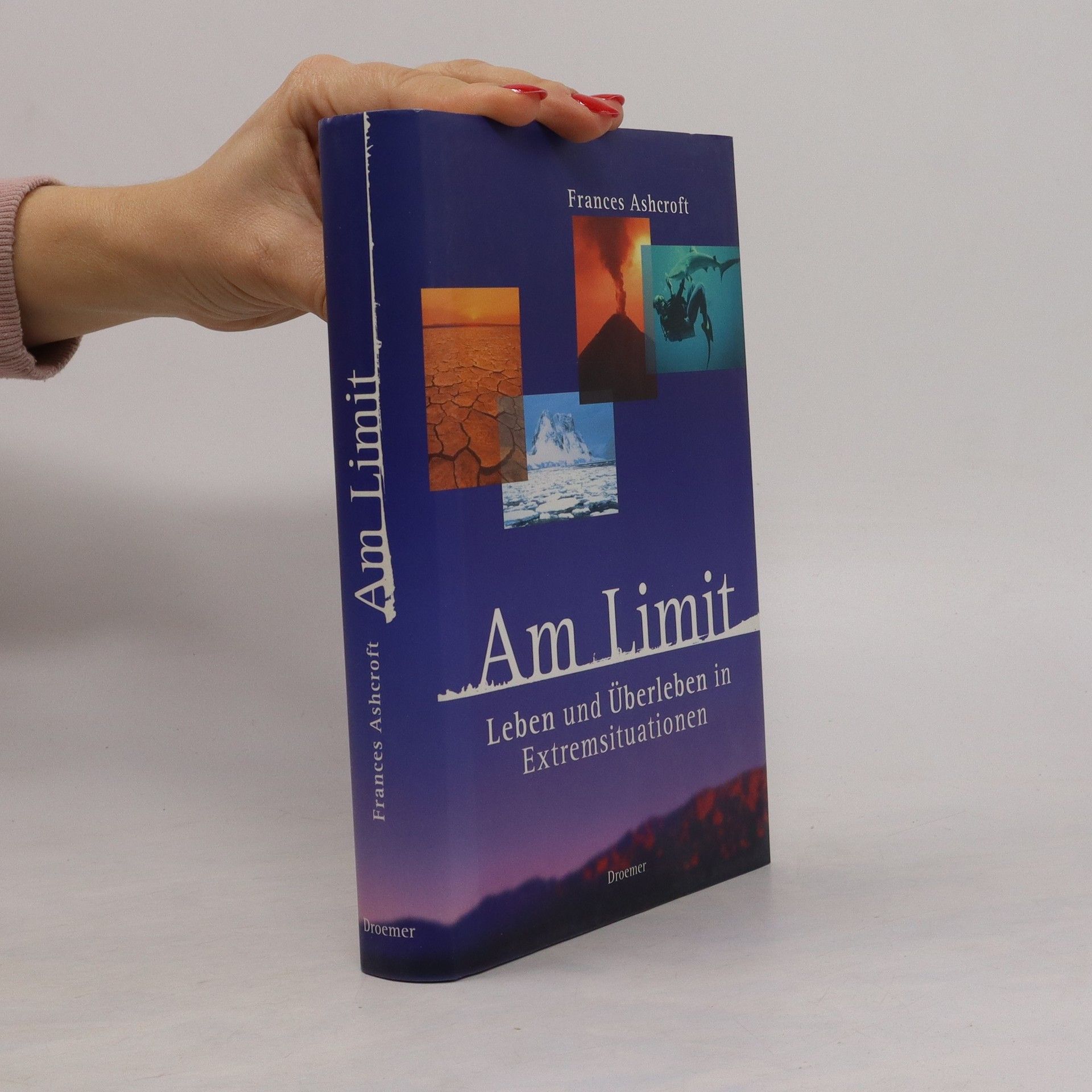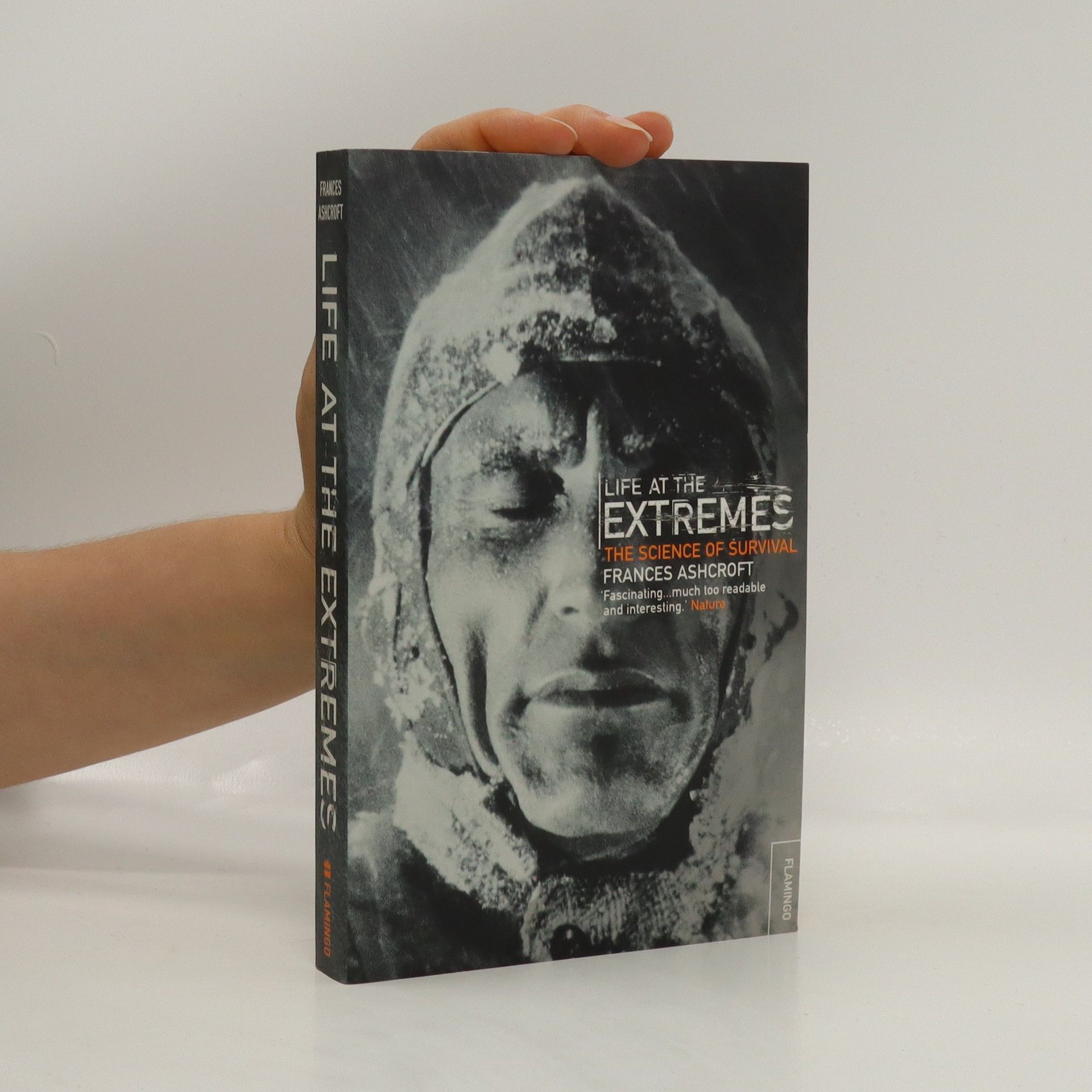Warum überfliegen viele Vogelarten problemlos den Mount Everest, während Menschen erst nach einem langen Höhentraining und unter größten Strapazen bis zum Gipfel vorstoßen können? Wie stellt sich der menschliche Körper auf extreme Hitze oder Kälte ein, wie reagiert er in Schwerelosigkeit? In diesem spannenden Buch vermittelt die renommierte britische Physiologin Frances Ashcroft verblüffende Einblicke in die Wissenschaft des Überlebens und ruft beim Leser immer wieder Staunen hervor. Unglaublich sind nämlich die Strategien, mit denen Lebewesen den extremsten Umweltbedingungen widerstehen.
Frances M. Ashcroft Book order (chronological)
Frances Ashcroft is a British physiologist whose work centers on insulin secretion, type II diabetes, and neonatal diabetes. Her research, which has enabled children with diabetes to switch from insulin injections to tablet therapy, has garnered international acclaim. Ashcroft is also the author of "Life at the Extremes: The Science of Survival," a book exploring the science of survival in extreme conditions. Her scientific contributions illuminate the intricacies of human physiology and our capacity for adaptation.


Life at the extremes
- 337 pages
- 12 hours of reading
The debut of a female Steve Jones -- likeable, literate, lucid and laconic. A sprightly, lavishly illustrated book on the science of human survival. How do people survive extremes of heat, cold, depth, speed and altitude? This book explores the limits of human survival and the physiological adaptations which enable us to exist under extreme conditions. In man's battle for survival in the harshest of environments, the knowledge imparted by physiology, the 'logic of life', is crucial. What causes mountain sickness? Why is it possible to reach the top of Everest without supplementary oxygen, yet be killed if a plane depressurises suddenly at the same altitude. Why are astronauts unable to stand without fainting when they return to Earth? Why do human divers get the bends but sperm whales don't? Will men always be able to run faster than women? Why don't penguins get frostbite?